Gasson Memorial a trout season highlight
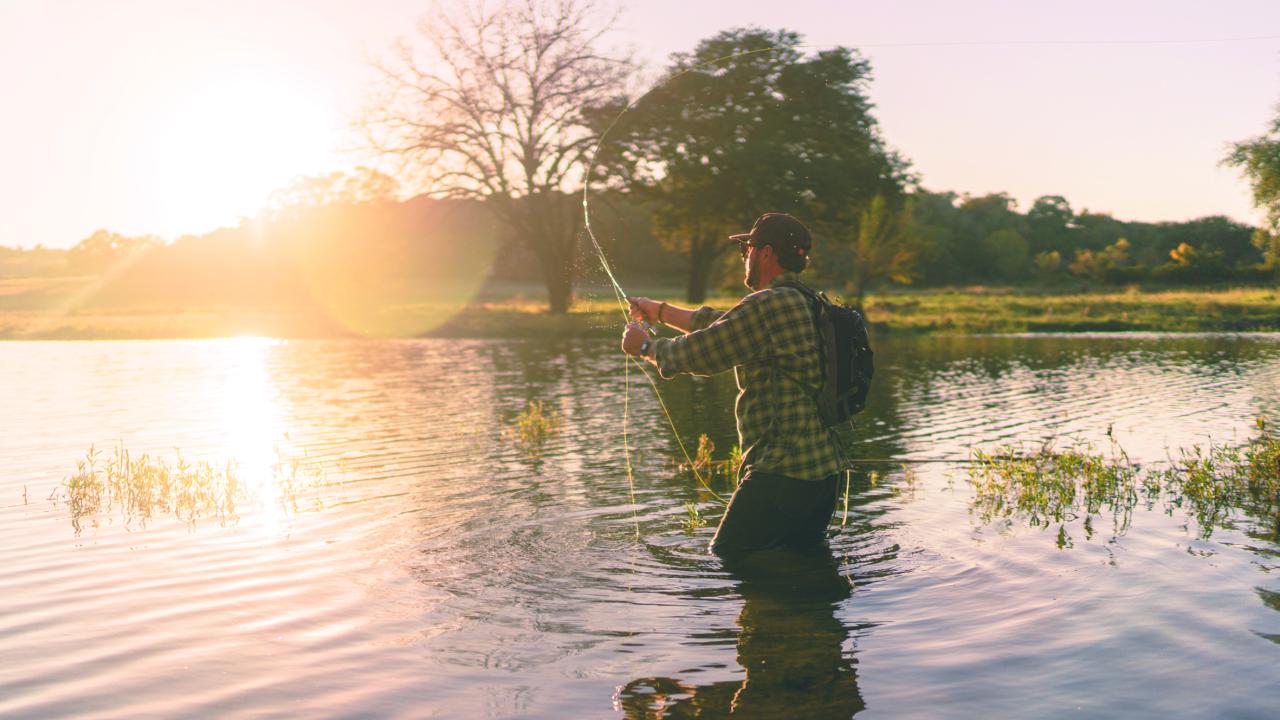
THE New Norfolk Licensed Anglers Association kicked off competition fishing for 2025 last weekend in the Wayatinah Sports and Social Club’s Dave Gasson Memorial Trout Fishing Competition at Wayatinah Lagoon. This event is a highlight of every season, and it's always very well run by the club—this year was no exception.
A change of scenery saw the weigh-in, barbecue, and presentation held at the caravan park, which was packed with people enjoying the long weekend. Some 155 entrants fished the competition in fairly good conditions. Although the number of trout caught was down compared to previous years, there were still some good fish landed. Four tagged Atlantic salmon were released before the competition start, and two lucky anglers managed to land one, each leaving with a $400 smile on their face. Jim Stutter caught one weighing 1.190 kg, while Leigh Sokolski landed the other, which was smaller at 0.620 kg.
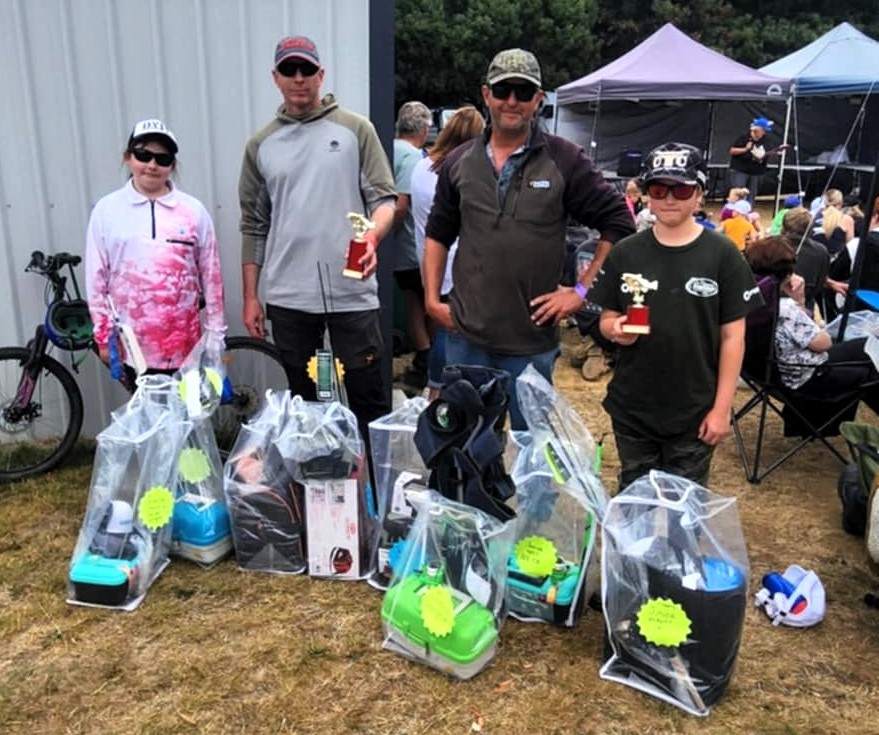
There were only 15 legal-size trout landed for the entire competition, along with 282 redfin perch. NNLAA anglers performed well. In the Juniors category, Jayden Slater took out the heaviest trout award with a fish weighing 0.570 kg. His fish was also the longest for the juniors at 39.5 cm. Jayden also caught the most redfin, landing 55. Another NNLAA junior, Mahalia Robertson, caught the second-best trout at 0.470 kg on her first camping trip away with her dad, Tony. Ella Jones finished third with a trout weighing 0.300 kg.
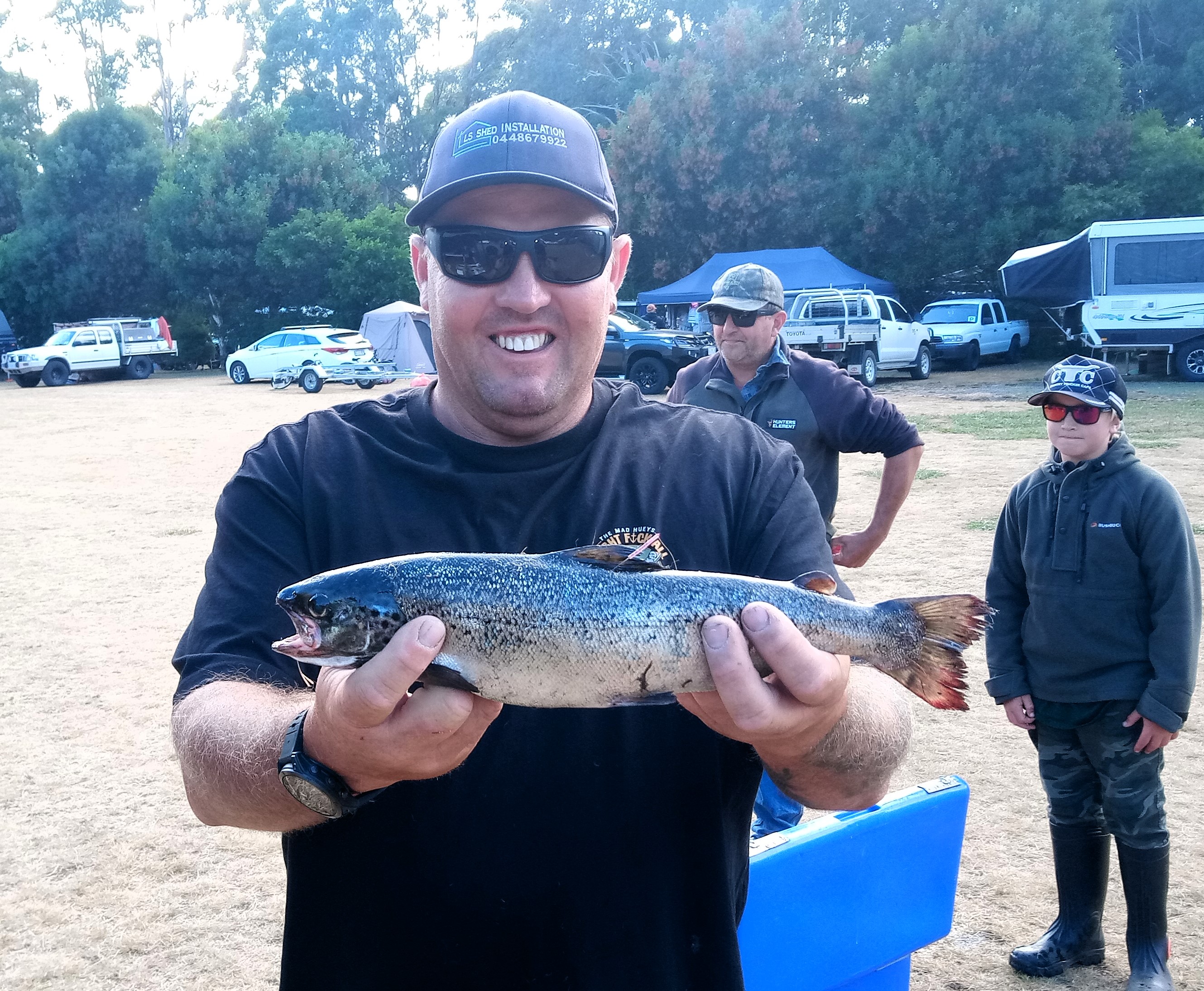
For the Seniors, I was lucky enough to land the best trout, which was caught at 4am on Sunday on a surface lure, weighing 2.410 kg cleaned. The big male measured 67 cm, also winning me the longest fish award. I managed another decent fish weighing 1.560 kg cleaned, and these were the only two fish I landed from Saturday afternoon through to dawn on Sunday morning. Tom Thorpe was unlucky, finishing in second place with another good fish weighing just 100 grams shy of mine at 2.310 kg cleaned. NNLAA member Adrian Slater also landed a good fish on a soft plastic, weighing 1.250 kg cleaned. Matt Hill landed the most redfin with 38, and Dylan Barrow landed the biggest redfin.
As mentioned before, this competition is always well run, and a shoutout should go to Wayatinah Sports nd Social Club’s president, Neina Gibson, and her hardworking committee. Organizing competitions like this and sourcing so many prizes from valued sponsors takes a lot of effort. Also, a big thank you to Mark Paton and his crew at the caravan park for their efforts in hosting the competition’s conclusion. The NNLAA's next event is a big one, held at Lake Sorell and Lake Crescent from March 8-9.
IN January 2024, an unusual-looking decomposed fish was found on the banks of Hearne Lagoon, which was then reported to the IFS. Hearne Lagoon is part of the upper Shannon catchment, where, until then, tench had only been found in the lower reaches of this catchment. Extensive surveys were conducted in the Shannon River, Ripple Creek, and Hearne Lagoon to understand the distribution, population structure, and source population of these fish. A mixture of backpack electrofishing, box traps, and fyke nets were used, with small numbers of tench found in Ripple Creek upstream and downstream of Hearne Lagoon. The source population was eventually detected in April 2024 in a farm dam on Ripple Creek.
During the initial survey, 71 tench ranging in size from 27 to 231 mm were caught in this dam using box traps and fyke nets. On May 28-29, 2024, the source population dam was drained and treated with a selective fish poison called Rotenone. A total of 359 tench were collected for further processing, with fish ranging in size from 27 to 345 mm. Many more tench were collected post-treatment, and initial data analysis suggested at least five to six year classes of fish. Over two days in January 2025, IFS staff resurveyed the source population dam using box traps, fyke nets, and electrofishing. No tench were caught, which suggests the eradication efforts in the dam were successful.
Complete eradication of tench from the upper Shannon catchment is unlikely due to the establishment of fish in numerous areas of Ripple Creek. Therefore, the goal will be to manage the tench population by suppressing it to low numbers. If you catch a tench in any Tasmanian waters, just like redfin perch, dispose of it to help stop the spread of these pests.
THE Inland Fisheries Service recently met with the management of Pumphouse Point at Lake St Clair to discuss access arrangements for anglers at St Clair Lagoon and the Derwent Basin of Lake St Clair. The access arrangements to this area are detailed in the IFS St Clair Lagoon Fact Sheet, and nothing has changed. However, a reminder that this area is within the Tasmanian Wilderness World Heritage Area, and all usual National Parks regulations apply. Anglers are requested to be respectful to the staff and guests at Pumphouse Point and remain within the access area shown on the St Clair Lagoon Fact Sheet. St Clair Lagoon is known for its tailing trout early in the season, as well as its insect hatches throughout the warmer months.
Tip of the Week: When fishing new waters, try trolling some lures to find fish and potential future fishing spots. This is called "prospecting." Once you find fish, keep targeting the area either by trolling or casting lures until the action slows down. When this happens, move on and repeat the prospecting process.
Send in your fishing reports, pictures, and tips to valleyfishes@gmail.com, and keep track of the Derwent Valley Gazette Fishing page on Facebook.
Tight lines until next week.

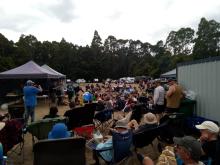
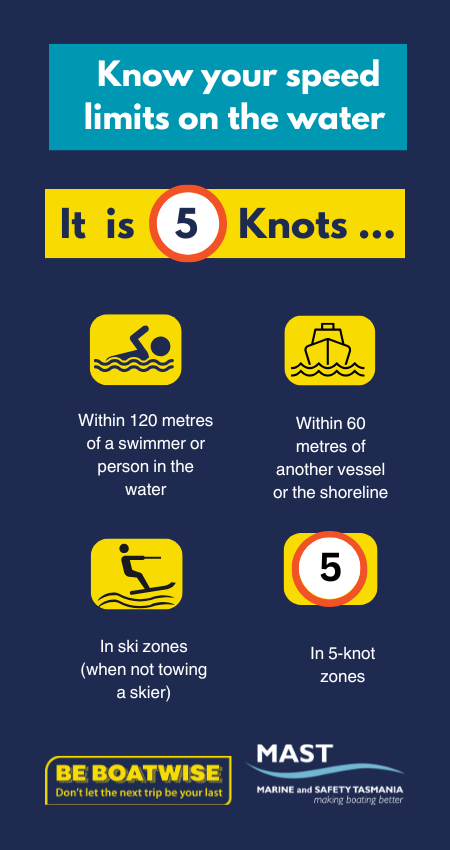

Add new comment